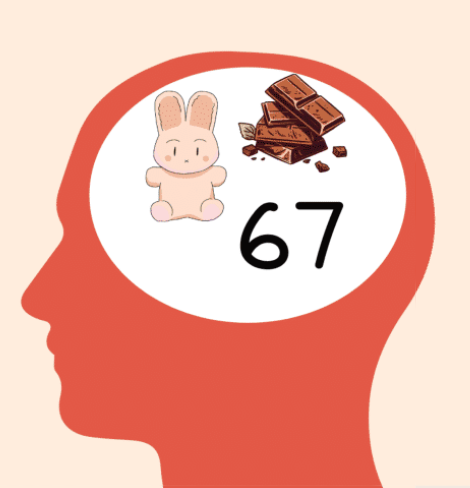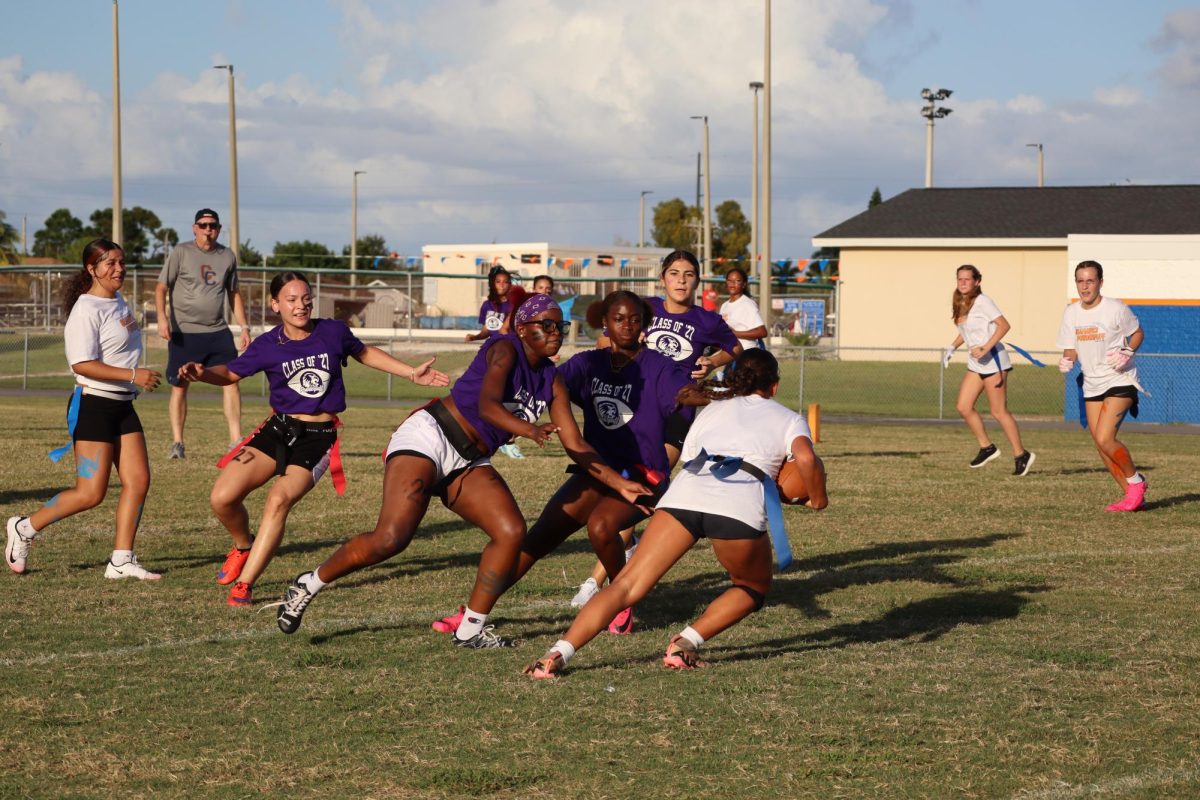We have all heard of senioritis, but what about the sophomore slump? During the final year of high school, seniors start to show signs of academic decline and mass absence from school days. Interestingly, sophomores face similar challenges. They often find themselves juggling a heavy course load along with demanding teachers, leading to feelings of fatigue and being overwhelmed. Students can help themselves out of sophomore slump by eating well, getting sleep, and focusing on their own well being.
Adults believe that it’s too soon for a loss of motivation in sophomore year, yet it can happen. Sophomores often go unnoticed in their academic challenges, especially among International Baccalaureate (IB) students. Freshmen are just starting their high school journey, juniors are beginning their IB experiences, and seniors are preparing to transition to college. But what about sophomores?
Freshmen may feel ready to take on the next stage of their high school experience until they realize the work that belongs in sophomore year. The four essays they wrote during their freshman year can quickly multiply to triple that. Math can start to resemble the alphabet more than numbers.
The sophomore slump can arise for various reasons. Some students struggle with the heavy workload, while others feel the stress of making significant college and career decisions at a young age.
This slump isn’t just a period of low motivation and frustration; it can also bring around confusion. Some sophomores have already established their friend groups and cliques, while others continue to search for their ideal social circle, similar to what’s often depicted in TV shows. This quest can lead to frustration and an overall decline in academic performance.
As students enter their sophomore year, they face greater expectations compared to their freshman selves. While they are expected to take on more responsibility, they often receive little to no support in doing so. Balancing classwork, extracurricular activities, and yet receiving scant recognition for their efforts makes it challenging for students to succeed in all areas.
On top of high school pressures, sophomores must also start considering their college options. The preparation for tests like the American College Test (ACT) and the Scholastic Aptitude Test (SAT) seems to start as early as middle school, making it feel like they have no time for anything else. With the weight of studying just to gain admission to even modest colleges, sophomores often find their lives consumed by these demands.
Moreover, students worry not only about academic performance and test results but also about excelling in their extracurricular pursuits. When they fail a test, it can feel just as discouraging as not succeeding in sports or competitive clubs.
Sophomores may feel helpless during sophomore slump but there are ways to get out of the plummet. Sophomores can focus on themselves and their well being in order to overcome the academic struggles of sophomore year. Students can go to bed early and eat healthier in order to see an improvement in their academic performance.
While senioritis is notorious, experiencing the sophomore slump can make senior year feel effortless in comparison. Be cautious of the sophomore slump.















